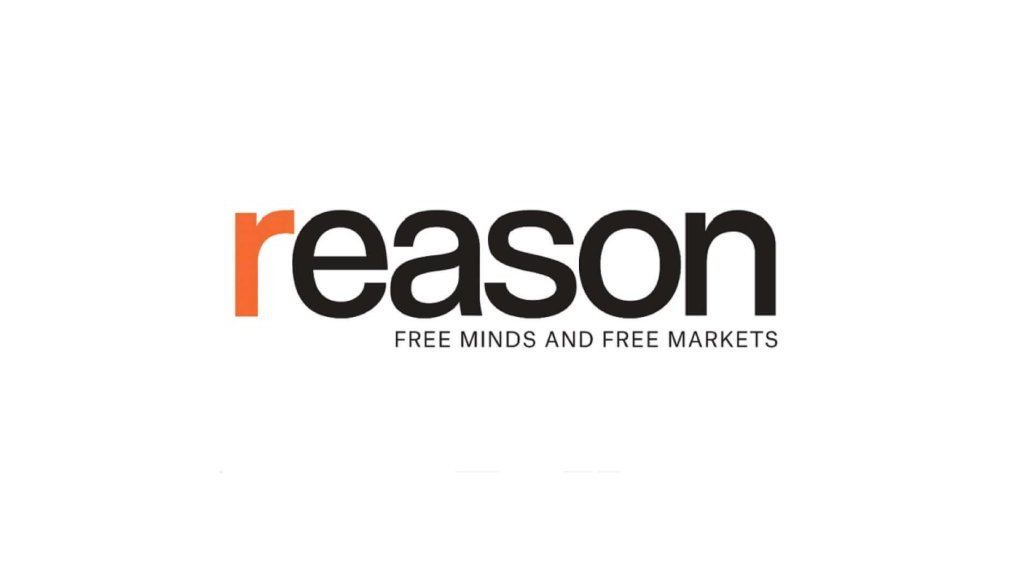S. Ct. Unanimously Rejects Mexico’s Lawsuit Against Smith & Wesson
From Justice Kagan’s unanimous (and, I think, correct) opinion today in Smith & Wesson Brands, Inc. v. Estados Unidos Mexicanos:
The Government of Mexico brought this lawsuit against seven American gun manufacturers. As required by a federal statute, Mexico seeks to show (among other things) that the defendant companies participated in the unlawful sale or marketing of firearms. See [Protection of Lawful Commerce in Arms Act,] 15 U.S.C. §7903(5)(A)(iii). More specifically, Mexico alleges that the companies aided and abetted unlawful sales routing guns to Mexican drug cartels. The question presented is whether Mexico’s complaint plausibly pleads that conduct. We conclude it does not….
[T]his Court has developed several … principles [defining aiding and abetting law]. First, aiding and abetting is most commonly “a rule of secondary liability for specific wrongful acts.” It is possible for someone to aid and abet a broad category of misconduct, but then his participation must be correspondingly “pervasive, systemic, and culpable.”
Second, aiding and abetting usually requires misfeasance rather than nonfeasance. Absent an “independent duty to act,” a person’s “failure[s],” “omissions,” or “inactions”—even if in some sense blameworthy—will rarely support aiding-and-abetting liability.
And third, routine and general activity that happens on occasion to assist in a crime—in essence, “incidentally”—is unlikely to count as aiding and abetting. So, for example, an “ordinary merchant[]” does not “become liable” for all criminal “misuse[s] of [his] goods,” even if he knows that in some fraction of cases misuse will occur. The merchant becomes liable only if, beyond providing the good on the open market, he takes steps to “promote” the resulting crime and “make it his own.”
Two of our cases—one approving liability for aiding another’s crime, the other not—illustrate how all this doctrine plays out in practice. In Direct Sales Co. v. United States (1943), we held that a mail-order pharmacy could be convicted for assisting a small-town doctor’s illegal distribution of narcotics. The pharmacy, Direct Sales, sold huge amounts of morphine to Dr. John Tate: Whereas the average physician required no more than 400 quarter-grain tablets annually, Direct Sales sold Tate some 5,000 to 6,000 half-grain tablets every month. Still more, Direct Sales “actively stimulated” Tate’s purchases, by giving him special discounts for his most massive orders and using “high-pressure sales methods.” And it did all that against the backdrop of law enforcement warnings: The Bureau of Narcotics had informed Direct Sales that “it was being used as a source of supply” by lawbreaking doctors. All that evidence, this Court found, … showed that Direct Sales “not only kn[ew of] and acquiesce[d]” in Tate’s “illicit enterprise,” but “join[ed] both mind and hand with him to make its accomplishment possible.”
By contrast, this Court recently ordered the dismissal of a suit against several social-media companies for aiding and abetting a terrorist attack carried out by ISIS. See Twitter v. Taamneh (2023). The plaintiffs, victims of the attack, alleged that adherents of ISIS used the companies’ platforms for recruiting and fundraising. The complaint further asserted that the companies knew that was so, yet failed to identify and remove the ISIS-related accounts and content. But we held that was not enough to make the companies liable for ISIS’s terrorist acts. The companies’ relationship with ISIS and its supporters, we reasoned, was “the same as their relationship with their billion-plus other users: arm’s length, passive, and largely indifferent.” There were no allegations that the companies had given ISIS “any special treatment,” or “encourag[ed], solicit[ed], or advis[ed]” the group. Instead, after providing their platforms for general use, the companies “at most allegedly stood back and watched.” More was needed, we stated, for a provider of generally available goods or services to be liable for a customer’s misuse of them—for examp
Article from Reason.com

The Reason Magazine website is a go-to destination for libertarians seeking cogent analysis, investigative reporting, and thought-provoking commentary. Championing the principles of individual freedom, limited government, and free markets, the site offers a diverse range of articles, videos, and podcasts that challenge conventional wisdom and advocate for libertarian solutions. Whether you’re interested in politics, culture, or technology, Reason provides a unique lens that prioritizes liberty and rational discourse. It’s an essential resource for those who value critical thinking and nuanced debate in the pursuit of a freer society.




